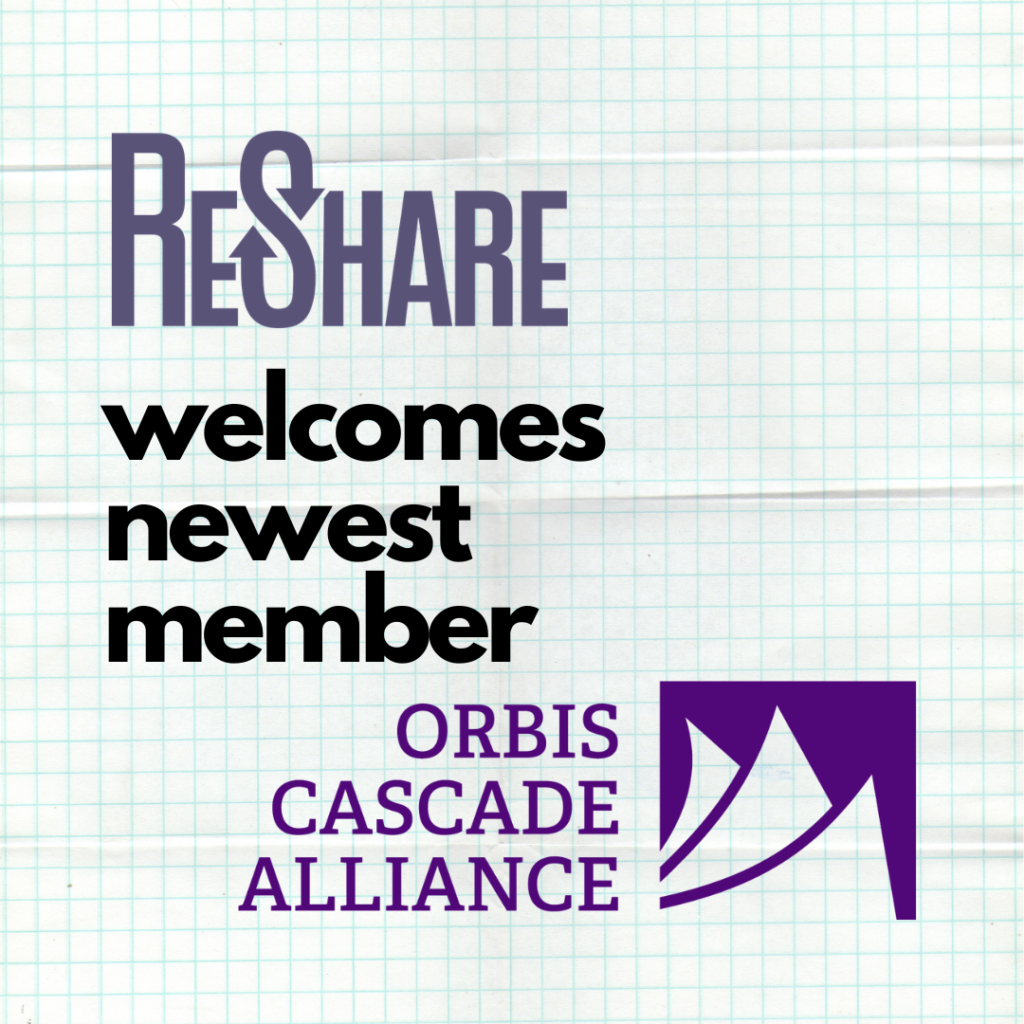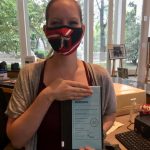On August 12, 2021, the ReShare Returnables software went into full production, actively supporting the resource sharing needs of the PALCI consortium, including more than 50 diverse academic libraries located in PA, NY, NJ, and WV. This inaugural launch of ReShare Returnables marks almost exactly three years since a group of visionary open source software developers and consortial leaders met at Swarthmore College near Philadelphia, PA to chart the path of this innovative and inspirational project.
“We are thrilled to be the first library consortium to launch what is now the world’s first community-owned open source consortial borrowing system. ReShare will transform our ability to share our libraries’ collections and innovate in ways that will serve our patrons for years to come,” says PALCI Executive Director Jill Morris.
Morris has been a strong advocate for and leader of Project ReShare since its inception, having served as the inaugural chair of the Project ReShare Steering Committee.
“It’s incredibly rewarding to see the hard work of so many people over the past three years coming to fruition. It’s been a great honor to participate in this project with so many of my colleagues, and I’m proud of what it represents, especially as it offers a sustainable model for successful open source software collaborations across sectors and organizations.”
ReShare Returnables is the first production software to come out of the open source, collaborative community. The Returnables software represents the first step in ReShare’s goal of creating a consortial resource sharing system that will enable sharing of the collective collection in all formats, regardless of integrated library system, and empowering library-driven and user centered workflows.
In an average year, PALCI libraries borrow and lend more than 150,000 physical items from their collections to each other through PALCI’s well-regarded EZBorrow consortial borrowing program. EZBorrow, powered by the ReShare software, allows patrons to send borrowing requests to lending libraries automatically without involving library staff, saving staff time and giving patrons efficient, world-class access to more than 10 million unique items across the consortium’s shared collections.
ReShare Returnables supports interlibrary loan of physical materials between members of a consortium. The software, built using the open source FOLIO platform, uses an app-based approach to resource sharing workflows. The apps include a member directory, queues to manage requesting and supplying workflows, and a bulk update tool. A shared inventory app allows ReShare libraries to pool their bibliographic metadata for discovery and fulfillment purposes.
“ReShare is the result of a deep, open collaboration between a group of libraries, consortia, and companies, based on the notion that infrastructure should be owned by communities, not by individual organizations,” said Lynn Bailey, Chief Executive Officer of Index Data, the first certified service provider for Project ReShare. “This project has inspired and motivated us at Index Data in ways we could not have imagined, and it’s been a privilege to be part of it. We’ve developed a complete set of services that enable consortia and other resource sharing groups to offer ReShare to their membership in a reliable, cost-effective way. Today we celebrate the PALCI launch and the hard work of our team and partners on this momentous occasion!”
ConnectNY, a consortium of independent academic institutions in New York State, will launch ReShare Returnables later this month.
More information about the Returnables product and a video demonstration can be found at https://projectreshare.org/products/product-demo.
Background
The ReShare Community is a group of libraries, consortia, information organizations and developers, with both commercial and non-commercial interests, who came together in 2018 to create Project ReShare – a new and open approach to library resource sharing. The ReShare Community has a bold vision for building a user-centered, app-based, community-owned resource sharing platform for libraries to set a new standard for how we connect library patrons to the resources and information they require.
For more information, contact info@projectreshare.org.
To receive email updates from Project ReShare, please sign up for the Project ReShare news list at https://projectreshare.org/contact.
# # #
Media Contact
Lisa Croucher
Triangle Research Libraries Network (TRLN): trln.org, Executive Director
Project ReShare: projectreshare.org, Communication Team, Chair
info@projectreshare.org





